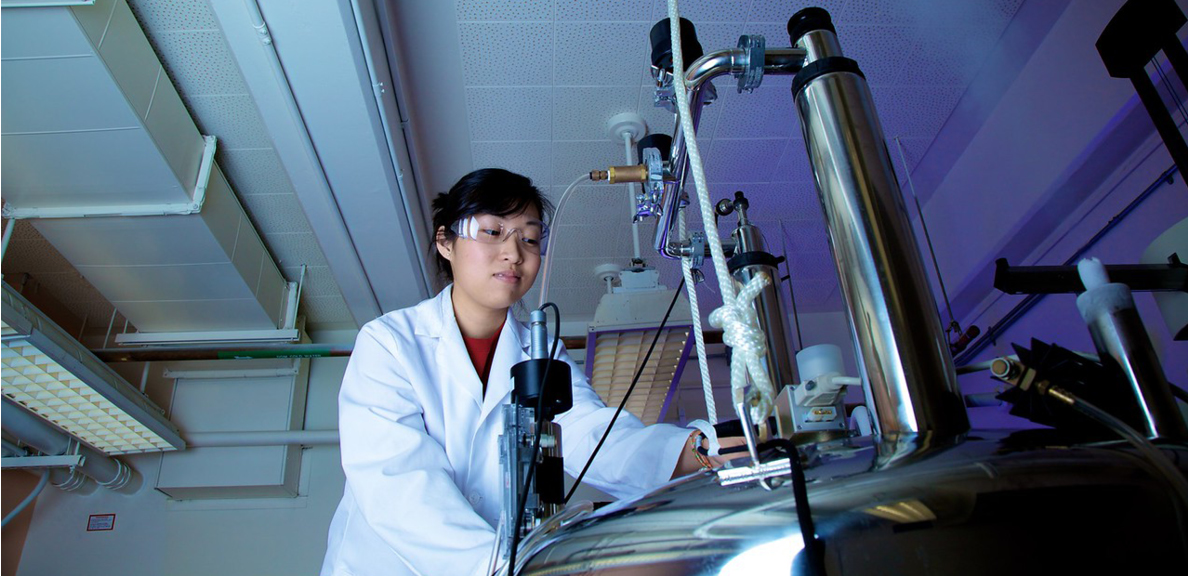
Biological Sciences
BIOL 104A - Principles of Cell and Molecular Biology
An introduction to molecular and cellular biology with emphasis on the integration of structure and function in the living cell as a biological system. Students learn about the cellular aspects of inheritance and basic principles of evolution.
BIOL 270 - Human Anatomy and Physiology I
An integrated approach to essential concepts of human physiology and anatomy. Analysis of tissues, and of the skeletal, muscular, nervous, and endocrine systems.
BIOL 310 - Genetic Analysis I
A comprehensive analysis of gene structure, function, and inheritance incorporating classical and molecular-based approaches. Emphasis on the experimental evidence that has led to our current understanding of the nature of the gene, drawing on examples from bacteria to humans.
BIOL 370 - Animal Physiology
Learn core principles and concepts in animal physiology with emphasis on the regulation and integration of vertebrate systems, from the molecular/cellular level to the whole organism.
BIOL 441 - Parasitology
An introduction to the general biology of parasites and the host immune responses to and methods of evasion by parasites. Ecology and evolutionary biology of parasitic infections and modern methods for their control as well as their impact on human civilizations.
BIOL 445 - Immunology
A dive into innate and adaptive immune systems, emphasizing key experiments in immunology, TLR signaling, NK cells, antimicrobial peptides, genetics, structure and function of immune molecules, hypersensitivity reactions and regulation of immune responses.